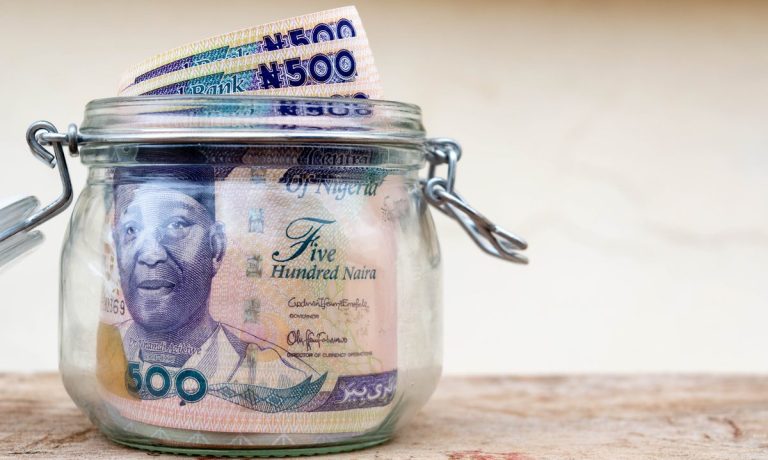
Despite the drive for digital payments in Nigeria, cash is still king, with circulation hitting record numbers in October against a backdrop of officials pushing for cashless transactions and control of the country’s money supply, Bloomberg reported on Monday (Dec. 6).
Africa’s most populous country, Nigeria’s naira notes and coins circulating went up 4.6% to 3 trillion naira ($7.3 billion) in October compared to September, Central Bank of Nigeria data showed. Broad money supply, or M2, increased to record highs of 41.4 trillion naira ($100.9 billion).
See also: Payments App KurePay to Suspend Services in Nigeria Next Year Amid Crypto Crackdown
Nigeria launched the digital currency eNaira in October, alongside a growing number of FinTechs that have tried to gain traction in the country. While 36% of adults are unbanked, cash remains the primary way to transact goods and services, with rural locales particularly dependent.
The money supply increase also could up inflation, which has been above the central bank’s single-digit target for six years and now stands at 15.99%.
Read more: Nigeria to Debut its eNaira Currency Today
The Central Bank of Nigeria (CBN) is hopeful that eNaira will lead to an expanded use of digital payments, while also reducing the cost of printing and processing cash and deepening financial inclusion. Some 500,000 people flocked to the digital platform as of mid-November.
Nigeria’s digital currency rollout comes as the country banned banks from dealing in or facilitating crypto transactions. The eNaira was developed in partnership with Barbados-based Bitt Inc.
You may also enjoy: Nigeria’s eNaira Adoption May Be Hindered by Gov’t Mistrust
Six Caribbean countries have also launched digital currencies, but Nigeria’s rollout moved faster than many other central banks. France, Germany and China are still in the testing phase.
Some critics have said that Nigeria’s mistrust of the government might hinder the progress of the eNaira, PYMNTS reported.